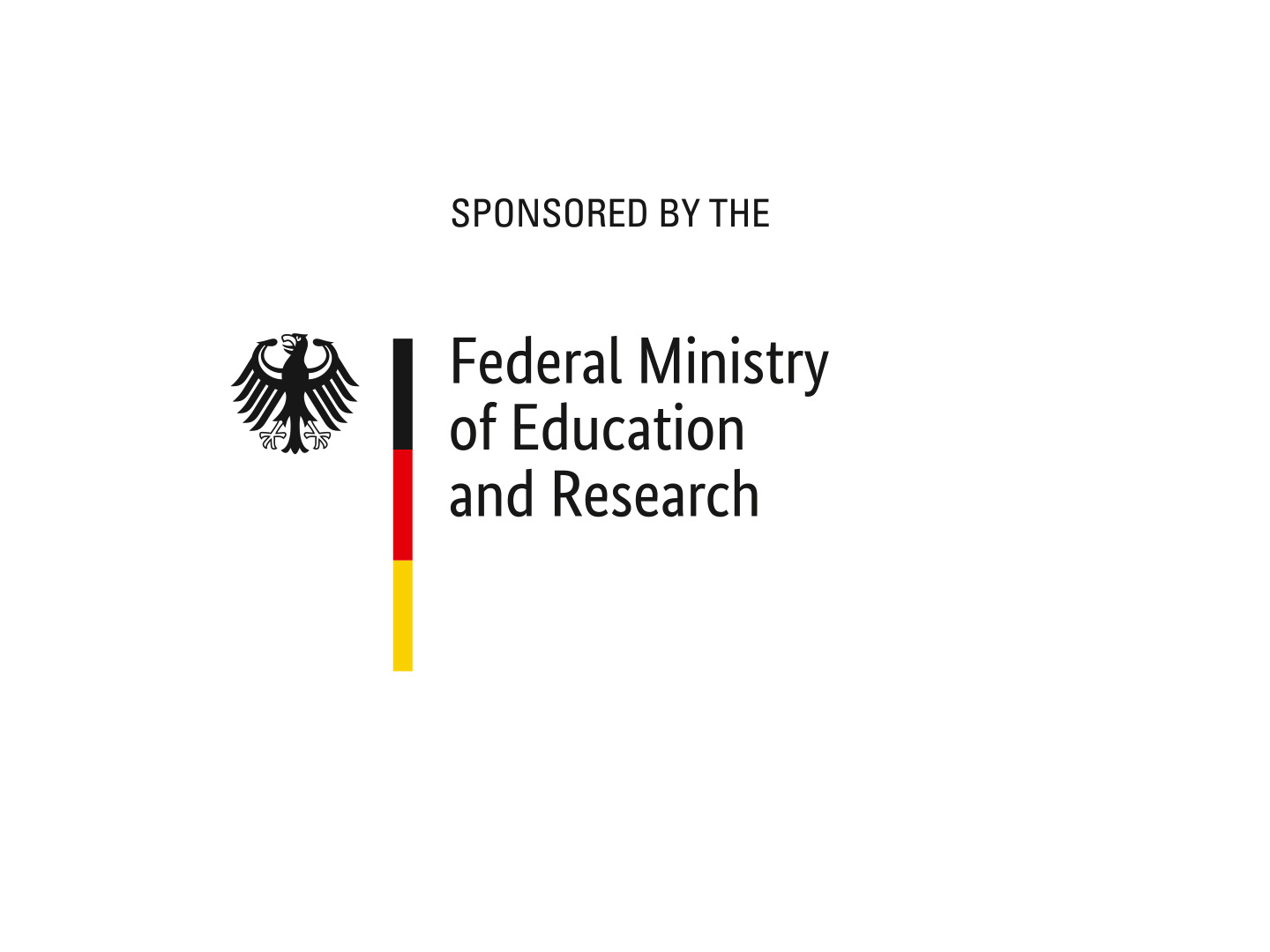Application aids and tools
The LeNa print companion is a pocket-sized booklet designed to help researchers apply the criteria for "research in societal responsibility" to their own research projects. Concrete examples of application and clear presentations of the content facilitate the introduction. The digital LeNa web companion is intended to supplement the print companion as an interactive online variant. In the future, gamification, saveable progress and visual aids will make implementation even easier. With event formats such as the "Sustainability Thinking Workshops", the project enables scientists to discuss research in societal responsibility in a seminar group and to discuss the alignment of their own projects with this guiding principle with experts. This format is particularly helpful in difficult application cases (e.g. in basic research).
Customized research
In addition, a psychological research project is taking place in LeNa-Move. This is largely based on preliminary work on the Comprehensive Action Determination Model (CADM). The CADM is a behavioral model that conceptualizes and quantifies norms, habits, intentions, and external conditions (or perceived action control) as determinants of sustainable action. A study within the participating research organizations at LeNa-Move will provide information on whether this model is applicable to the context of "research in societal responsibility". Based on the results, it shall thus guide the design of the developed aids and tools.
Cooperation of science organizations
As a collaborative project, LeNa-Move brings together representatives of all the major non-university research organizations for the first time: the Fraunhofer-Gesellschaft, the Max Planck Society, the Leibniz Association and the Helmholtz Association. Furthermore, three universities are also involved in the project: Ludwig-Maximilians-Universität München, Eberhart Karls Universität Tübingen and Rheinisch-Westfälische Technische Hochschule Aachen. By representing the scientific community in Germany, the researchers thus ensure broad applicability of the research results and the implementation tools developed.
 Fraunhofer Institute for Environmental, Safety and Energy Technology UMSICHT
Fraunhofer Institute for Environmental, Safety and Energy Technology UMSICHT